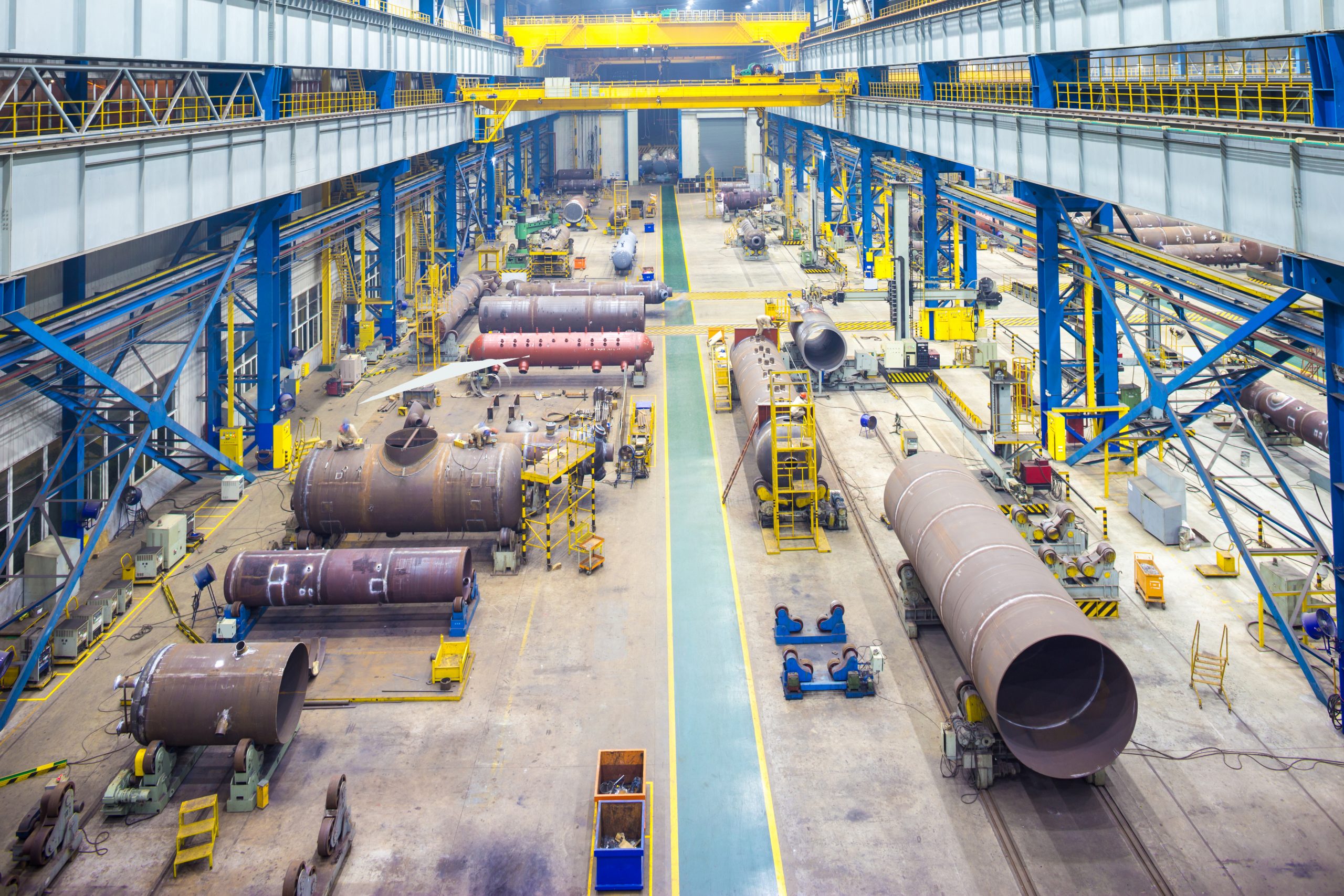If you own, manage, or help operate a business, especially an industrial or manufacturing company, you can help reduce stormwater pollution. From environmentally friendly cleaning and maintenance activities, to recycling hazardous waste materials, businesses can do a lot to prevent stormwater pollution.
Best Practices
Follow these best management practices to prevent pollution, protect public health, and avoid fines or other enforcement action:
Cleaning & Maintenance: Review your cleaning and maintenance activities to look for ways to reduce runoff into the storm drain system, especially in outdoor areas like parking lots, loading docks, and maintenance yards. Keep trash enclosure swept and trash bin lids closed.
Prevent Wash Water and Other Pollutants from Flowing into Storm Drains: Train employees to wash vehicles and equipment indoors in a wash rack that is connected to the sanitary sewer or off-site at a commercial wash facility. Train janitorial staff to dispose of floor cleaning water in the sewer and not into the parking lot. Make sure that cooling towers, boilers, compressors, water softeners, and other process equipment are connected to the sanitary sewer and do not discharge wastewater into the parking lot.
Disposing of Hazardous Waste: If you use hazardous materials in your everyday business, like ink and solvents for commercial printing, or polishes and chemicals for car detailing or manufacturing after-market accessories, do not put these hazardous materials in the trash or pour them into the gutter. Recycle or dispose of them safely with a hazardous waste service. Contact a licensed hazardous waste hauler for recycling. Click here to learn more about the Very Small Quantity Generator (VSQG) Program.
Storing Hazardous Waste: Store chemicals, waste, raw materials, and contaminated equipment indoors or in a covered spill contained area to prevent exposure of these materials to stormwater.
Take Advantage of Less-toxic Alternatives to Dangerous Chemicals: From detergent to drain openers, there are a lot of ways to get the same or better results without having to rely on toxic substances.
Is Your Industrial Facility Subject To The State General Industrial Stormwater Permit Requirements?
In addition to complying with local stormwater ordinances, manufacturing facilities and certain other industrial facilities are required to notify the State Water Resource Control Board that they understand they are subject to the general permit and commit to identifying and implementing BMPs needed at their facility to prevent stormwater pollution to the maximum extent practicable. The State Water Resources Control Board has some good guidance for who is subject to the State Industrial General Permit and preparing a Stormwater Pollution Prevention Plan (SWPPP) that you can find by clicking here.
Very Small Quantity Generator (VSQG) Program
Some businesses generate very little hazardous waste and may be eligible to participate in the Very Small Quantity Generator (VSQG) Program. The Program is designed to provide an inexpensive hazardous waste disposal option to these companies, non-profits, and other entities instead of contracting with a commercial hazardous waste management firm.
The Program operates by appointment only. Click here to learn more.
Additional Resources
- CASQA Industrial/Commercial BMP Handbook Source Control BMP Fact Sheets
- Best Management Practices for Industrial Stormwater Pollution Control
- California State Water Resources Control Board – Industrial Stormwater Program
- CASQA Handbook
Contact Information
- Stormwater Business Inspectors: Municipal Stormwater Inspectors visit commercial and industrial businesses to help them understand and comply with stormwater pollution control requirements.
- Sanitary Sewer Treatment Authorities: All discharges to sanitary sewer must be approved by your local sanitary sewer treatment authority.
